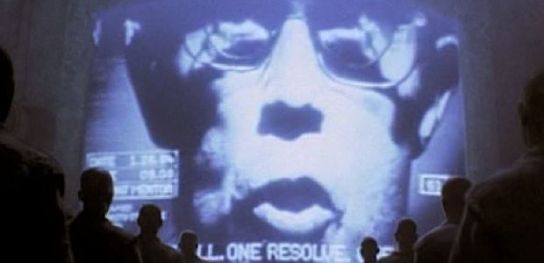The Orwellian Agile Community
The Orwellian Agile Community
Agile development has promised to be the panacea for a host of problems that software development teams face. Yet it has devolved into approaches characterised by rigidity, misinformation, and top-down control. As we navigate the murky waters of agile adoptions, and Scrum, Kanban, etc. implementations, two Orwellian statements echo and reverberate:
- “The further society drifts from truth, the more it will hate those who speak it.” (Widely attributed to George Orwell, although its direct origin is debated)
- “The past was erased, the erasure was forgotten, the lie became the truth.” (From Orwell’s “1984”)
These quotes invite us to pause and reflect on some of the deeply rooted issues within the agile community.
Drifting from Truth
As agile approached take the corporate world by storm, we’ve seen the predominance of ‘agile theatre’. This is where the word ‘agile’ is on everyone’s lips, but its principles aren’t in their actions. Teams may host daily stand-ups or retrospective meetings, yet fail to embrace a culture of openness and adaptability.
So, what happens when someone calls out these inconsistencies? Often, they’re sidelined or labelled as ‘not a team player’. This mirrors the sentiment of the first Orwell quote: the further the agile community drifts from the core agile tenets of transparency, inspection, and adaptation, the less it appreciates individuals who remind it of its original values and goals.
Note: While this quote is widely attributed to Orwell, its direct origins are a subject of debate.
Erasing the Past, Embracing the Lie
Agile practices have also seen shifts that compromise their foundational principles. For instance, “being agile” now often means “doing Scrum” or “implementing Kanban”, with little regard for the contextual needs of an organisation. Past failures are conveniently forgotten, and the cycle of ‘new agile initiatives’ is continuously rebooted, with no one daring to question the perpetual loop of erasure and overwriting.
This phenomenon resonates with the second Orwellian statement. We erase our past failures and adapt convenient narratives. The lie—that we’re fully agile—becomes our truth.
Will There Ever be an Agile Reckoning?
Is it time we revisit the principles that make agile a truly transformative approach? Rather than ostracising those who call out our flaws, might we choose to view them as allies in refining our approach? And instead of erasing our failures, might we choose to inspect and adapt, using them as valuable lessons?
In a world where the ‘Agile Industrial Complex’ has all but erased the ideals of the original Agile Manifesto, taking a leaf out of Orwell’s books might be our best hope to navigate through the fog. And remember, just like in Orwell’s world, the pursuit of truth starts with critical thinking and the courage to challenge prevailing narratives

